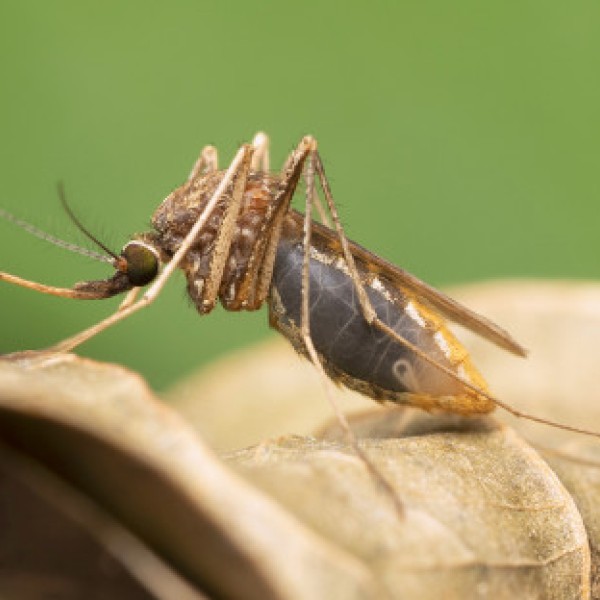The award is given annually to two outstanding TAs – one domestic and one international – who have demonstrated dedication and excellence in their teaching responsibilities. The award includes a certificate and a $500 prize.
“Their commitment to inclusive teaching, and to teaching beyond the Cornell community, is what distinguished this year’s winners,” said Kim Kenyon, associate director at the Center for Teaching Innovation and chair of the award selection committee.
Devarakonda, from Eluru, India, is a student in the field of molecular nutrition. She has been a TA for numerous nutrition courses and helped design a course, Diet and the Microbiome, with Angela Poole, assistant professor of nutritional sciences in the College of Agriculture and Life Sciences.
“My mother was a high school teacher, and I grew up seeing her teach,” Devarakonda said. “I was always fascinated by how she made a difference in students’ lives.”
As an international student and non-native English speaker, Devarakonda benefited from instructors who worked to create inclusive classrooms. “If I can benefit from an inclusive classroom,” she said, “I want others to benefit from that too.”
Peltier, from Bonney Lake, Washington, is studying fuel cell chemistry and is a member of the Center for Alkaline Based Energy Solutions. As a high school student, Peltier became inspired to pursue chemistry with a positive impact on the environment by volunteering in a lab studying water quality in the Puget Sound area. At Cornell, she has been a graduate TA for general chemistry courses, helping introduce undergraduates to the field.
Peltier said creating an inclusive environment has always been important to her teaching.
“As a first-generation college student, I felt different or lesser in many ways. I want to make sure my students never feel that way,” she said. “I think the most important aspect of inclusive teaching is recognizing that you don’t know what each student is experiencing, so you have to answer questions and offer help without judgement.”
Outside of their teaching and studies at Cornell, both awardees have worked with Expanding Your Horizons at Cornell to interest and engage middle school and high school girls in STEM education. Peltier also co-chaired this year’s EYH conference, held virtually on April 18.
Mao Ye, Ph.D. ’11, now an associate professor of finance at the University of Illinois, Urbana-Champaign, established the award in 2012 in honor of then-President David Skorton’s commitment to teaching. Ye named his daughter Cornelia, after Cornell, and the award after his daughter.
Members of this year’s award selection committee were: Tom Hirschl, professor of development sociology; Ryan Jose ’20, CTI undergraduate assistant; Kim Kenyon, CTI associate director and selection committee facilitator; Ciarra Lee ’21, CTI undergraduate assistant; Renee Sifri, Ph.D. student in chemistry, CTI graduate fellow, and a 2018-19 Cornelia Ye Award recipient; and Caleb Yu, graduate and international adviser with Career Services and the Graduate School.
Dave Winterstein is a communication assistant in the Center for Teaching Innovation.






